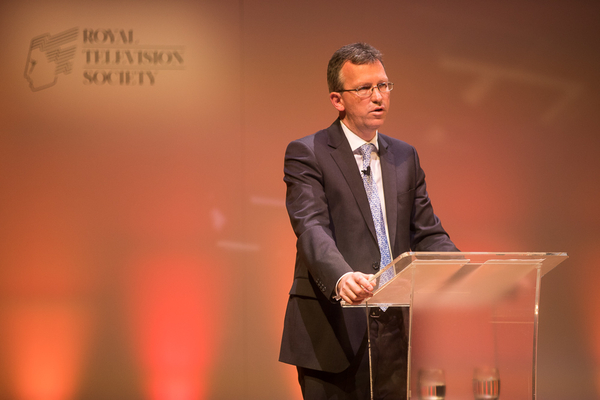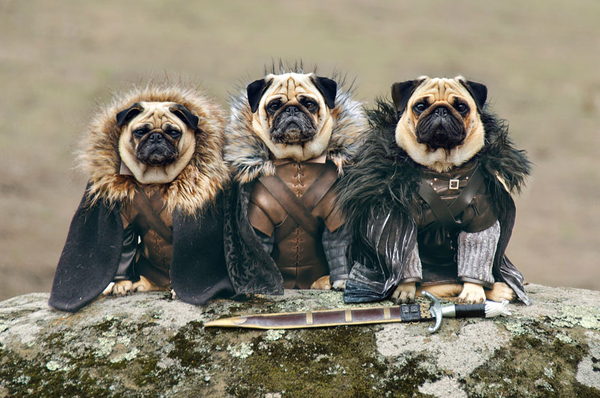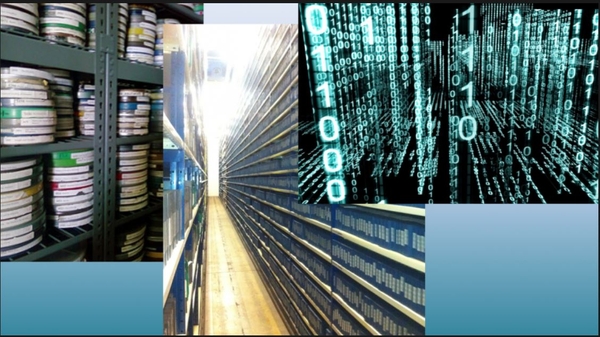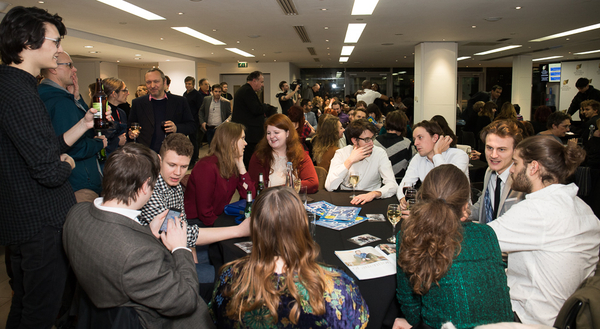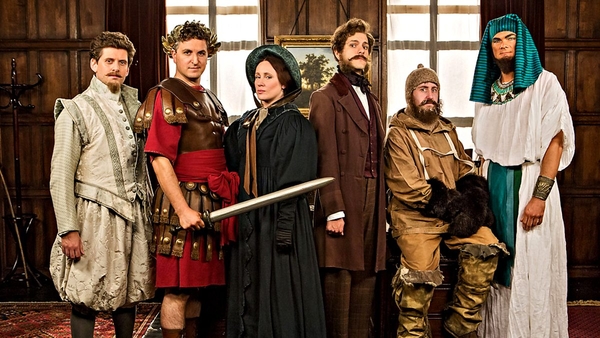Ofcom Chief Executive Sharon White speaks at RTS London Conference | RTS London 2018
The Ofcom CEO contributes to the debate about issues and challenges in online regulation from the perspective of the UK’s broadcast regulator. Chaired by Kirsty Wark, Writer and Broadcaster.

